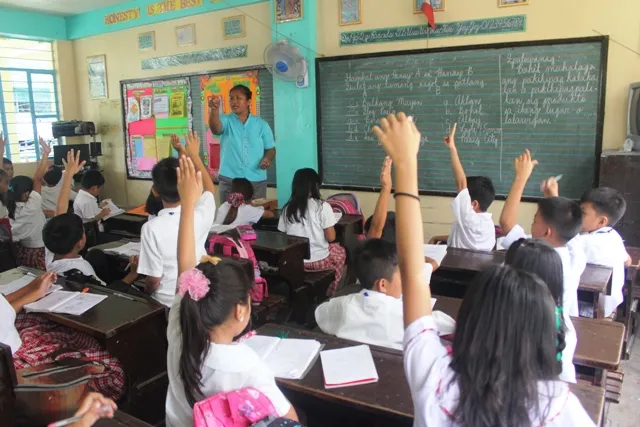President Ferdinand Marcos Jr. promised teachers increased benefits and assistance for their professional advancement as the country moves forward with its national learning recovery program. Marcos emphasized the value of assisting educators in their critical role in reviving the education sector in his third State of the Nation Address (SONA).
“As we build and upgrade schools, so too must we uplift and upskill our teachers, whose competence and trademark Filipino patience, determination, and compassion will be at the core of our national learning recovery,” Marcos said.
With the passage of the Kabalikat sa Pagtuturo Act, teachers will begin receiving a teaching allowance the next year. The Government Service Insurance System (GSIS) offers personal accident insurance as well as the Special Hardship Allowance and the removal of “utang-tagging” for teachers, among other advantages.
There are opportunities for growth in both the teaching and school administration tracks, according to Marcos. “We have allocated funds to finally implement the expanded career progression system for our public school teachers, which shall promote professional development and career advancement within their ranks,” Marcos stated.
The goal of this program is to help the education sector as a whole recover by hastening the professional development of public school teachers. “In this system, no public school teacher will retire as Teacher I. In short, if we truly want to succeed in our dream to help the education sector recover, they, our teachers, should be supported and strengthened,” Marcos stated.
Marcos also emphasized the importance of improving the educational system to give students the tools they need to solve problems and think critically in addition to reading and writing. He emphasized the significance of the national learning recovery program’s continuous continuation, especially in basic education, given the low competence scores of over half of the pupils in Grades 6, 10, and 12.




